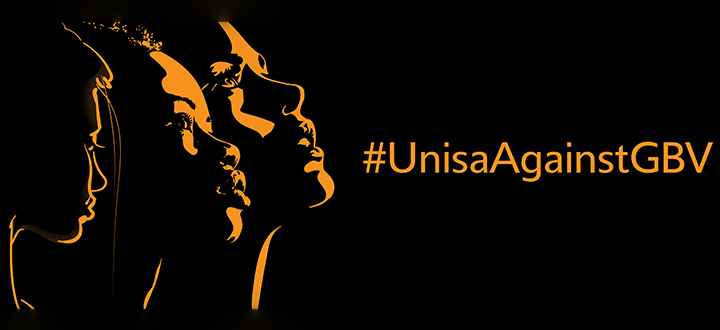
The African college of excellence in the social and human sciences

The year 2020 has been extremely challenging. The world was brought to its knees by the Covid-19 virus, forcing all of us to adopt a different approach to our daily practices. The effects of the virus have been severe on various countries around the world, including South Africa (SA), where the inequalities across society were revealed and further deepened.
In SA, due to lockdown regulations imposed by government, many people were pushed into extreme poverty, demonstrating that, while isolation was necessary, it presented additional threats to the country’s citizens. Although lockdown restrictions have been largely lifted, its ramifications have been felt in all corners of the world, including our country. One of the major ills, due to the increase in social and economic pressures brought on by the pandemic, is a global increase in violence against women and girls.
Many countries have reported an alarming increase in domestic violence incidents and calls on abuse hotlines since the pandemic started spreading globally earlier this year. Global society observes 25 November to 10 December as the 16 Days of Activism for No Violence against Women and Children annually. This year, the SA government called for 365 Days of Activism against Gender-Based Violence (GBV).
Research and statistics consistently indicate that South Africa has one of the highest sexual violence rates in the world. A woman is abused every four minutes while three are killed by an intimate partner every day. Unfortunately, these statistics have become just numbers to people, with many pretending that they do not exist. Therefore, it comes as no surprise that there has been an increase in GBV during the national lockdown period when women and children were (and continue to be) forced to stay home with their abusers.
According to the World Bank Group (WBG), authorities in SA received nearly 90 000 reports of violence against women in the first week of the lockdown in April. Even the South African Police Service (SAPS) found that while there was a decrease in murder, robberies and hijackings during this period, the GBV command centre registered over 2 300 reports in the first week of the lockdown.
SAPS data discovered that there was a reduction in reported cases of domestic violence when comparing the statistics for 29 March and 22 April from 2019 to the same time in 2020. According to Chandrè Gould from the Institute of Security Studies (ISS), the statistics produced by the GBV National Command Centre show that the total number of calls received during level five of the lockdown for the period of 27 March to 30 April 2020 was 25 94.
Level four, dated 1 to 31 May 2020, seemed to be a relatively less dangerous period for the victims of GBV with fewer than 15 342 reported cases of abuse. However, immediately after level three lockdown was introduced, the cases reported to the authorities rapidly increased to a whopping 48 522. It is worth pointing out that many other cases initially reported had to be cancelled for unknown reasons.
In France, since the pandemic started spreading earlier this year, domestic violence rates surged by a third in one week. Australia’s government says online searches for support on domestic violence have risen by 75%, while in Turkey activists are demanding greater protections after the killing of women rose sharply after a “stay at home” order was issued on 11 March 2020. In relation to this, SA has not been spared.
While there is constant research and media reports on GBV in SA, there appears to be a missing element as the country’s women and children continue to be impacted severely by these issues. There is not a day that goes by without hearing about a woman being raped, and/or killed, or a child going missing, being raped or killed. This is especially so during lockdown when survivors of GBV are forced to share their spaces with the same men who are the perpetrators of GBV.
However, it appears that as a society, we are becoming indifferent to GBV—there seems to be no interest, sympathy, concern, or agency to use the available research and statistics as well as survivor’s lived experiences to resolve this matter.
It is, therefore, very important for many of us to continue within our communities to bring awareness on the atrocities of GBV, to speak up when people want to silence these issues. Armed with the knowledge that we have, we must speak up, and show those who cannot, that they are seen, that they are never alone, and that there is work being done to resolve GBV in South Africa.
*Compiled by the Unisa Institute of Gender Studies, College of Human Sciences, and initial edit by Nancy Legodi, Acting Journalist, Department of Institutional Advancement
Publish date: 2020-11-25 00:00:00.0